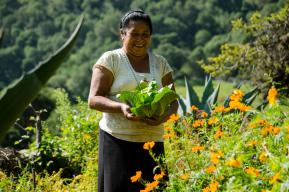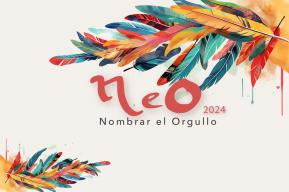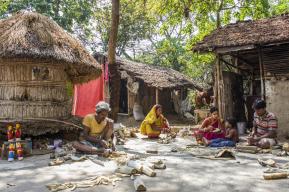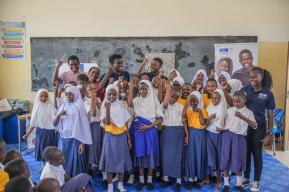Project
Broadening opportunities for indigenous people in cultural industries
Overview
Funds Allocated: 95 547,00 USD
Period: 2012 to 2013
Beneficiary countries: Kenya
Applicant: Pastoralist Development Network of Kenya
Presentation
The project aims at better aligning Kenya's cultural policies to the objectives of the 2005 Convention in terms of promoting the cultural expressions and cultural participation of indigenous peoples. The Pastoralist Development Network of Kenya (PDNK) is an NGO founded in October 2003 in Nairobi. Its mission is to identify gaps in policies and laws that have an impact on pastoralists, such as herders, hunter gatherers and fisher communities. Through community mobilization, indigenous groups tackle issues relevant to their respective regions, in particular those relating to their livelihood, social economic wellbeing and ecological health. This ensures that pastoralist communities identify fundamental issues relating to their locale, identify policy inconsistencies, shape appropriate policy interventions and push for enactment of laws that stimulate development in pastoral areas. Sharing of information, experiences and lessons learned between different groups is an integral part of PDNK’s activities.
Local context
Indigenous communities amount to about 70% of Kenya’s poorest groups. While participation is key for the successful implementation of poverty reduction strategies, pastoralist groups are in most cases excluded in development and policy discourse.
It is important to note that tourism, which is Kenya's largest earning sector, is overly dependent on cultural expressions of indigenous groups such as the Maasai, the Samburu, the Suba and the Nyala. However, the value of their cultural expressions, as well as their contribution to social, economic, cultural and environmental development is under-recognized. This is salient in Kenya’s cultural policy; while cultural expressions are identified as key contributors to sustainable development, the policy does little in terms of promoting indigenous expressions and knowledge systems. As a result, the cultural goods produced by these communities are treated with little more consideration than regular commodities.
Main objectives
The main objective of this project is to help recognize the contribution of indigenous peoples to Kenya’s cultural development. This project is establishing through research that indigenous cultural expressions are a crucial component of the country’s creative sector. This project is demonstrating that indigenous cultural industries present opportunities for sustainable development. It advocates the necessity for geared toward the promotion of cultural expressions emerging from indigenous communities.
Main activities
- This project conducts and publishes research relevant to the situation of indigenous communities’ cultural expressions and highlights potential for development: findings serve as a data resource and advocacy tool. Findings are publicized through campaigns organized by PDNK in order to promote the visibility of indigenous groups in Kenya’s public sphere and to protect their minority rights. It includes media coverage, policy briefs, lobbying meetings with decision-makers as well as a national workshop.
- PDNK also shares knowledge with indigenous groups about intellectual property rights, investment opportunities and other available support mechanisms to scale up their cultural production.










